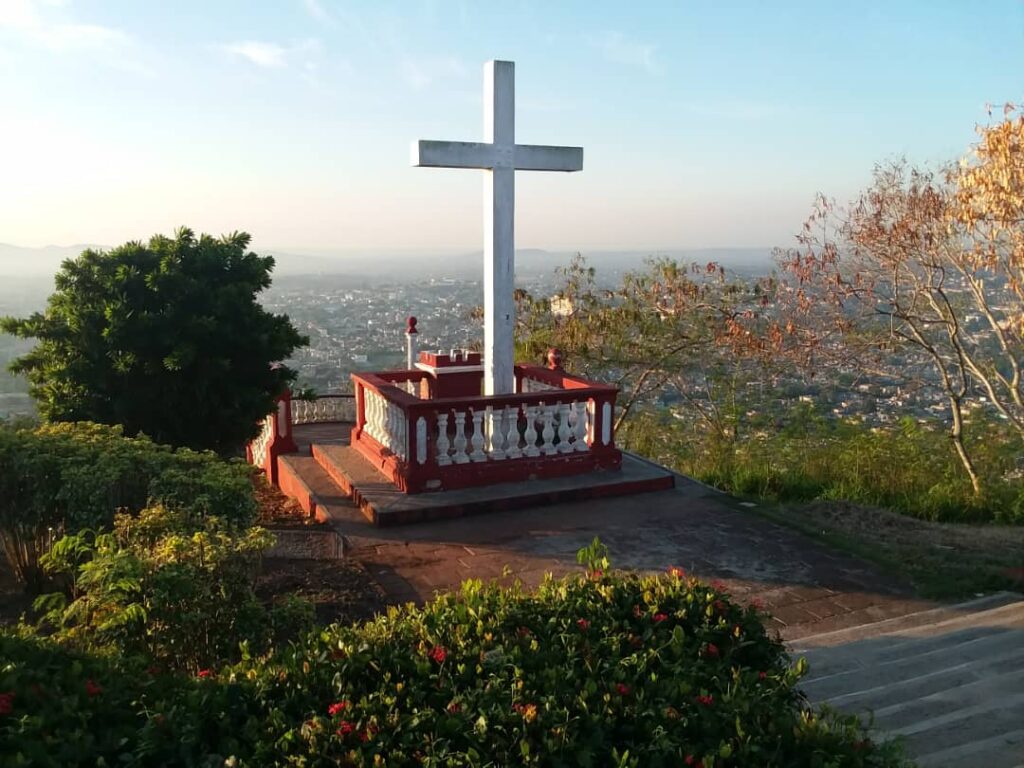
By Lien Estrada
HAVANA TIMES – When the Spanish writer María Llopis asked feminist artist Alicia Murillo in her interview, “Why do we turn to spirituality?” She replied: “To understand what the hell we’re doing here.” Murillo is right, although her theological response might seem somewhat irreverent, it holds truth. Perhaps it’s due to the human need to know who we are, where we come from, and where we are going that we encounter so many religious realities everywhere. Whether in tribal cultures like the Far East or the postmodern and aspiring-to-progress West, the truth is that we will find faith, spirituality sooner or later.
Cuba, in its purported construction of socialism as an ideal society, thought, as Marxism asserts, that culture would replace religiosity. It was when some reprisals were politically allowed against those who professed any kind of religious belief. Belonging to a Christian, Catholic, or Protestant community was enough to deny access to certain educational or job opportunities, such as military careers or even joining the Communist Party, for example, the only legal one to this day. A question that was often asked in many application interviews was whether one belonged to any religious institution or tradition.
Processions, whether Catholic, Episcopal, Yoruba, or from any other religious tradition, were prohibited. The latter were allowed again in 1994. Jehovah’s Witnesses, due to their religious principles, were considered “unpatriotic to the system,” a serious matter for these leaders who prioritize ideologies over life itself. It was (and is) considered a crime, and mechanisms were created to limit their opportunities to continue studying after the Ninth grade. Similar experiences were lived in the Seventh-day Adventist community, who, assuming Saturday as a fundamental day


